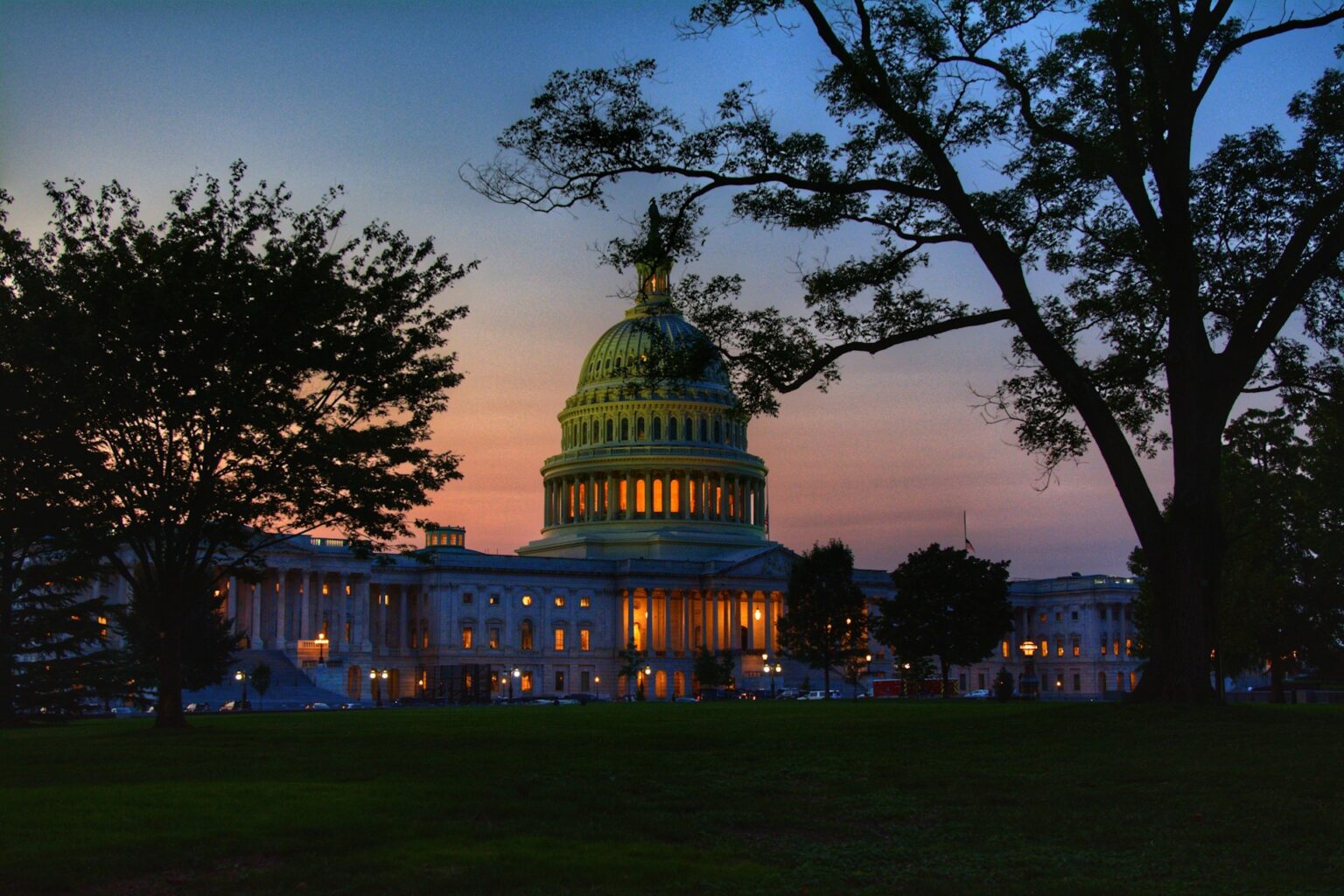As the global economy increasingly intertwines with digital currencies, understanding the legislative landscape becomes crucial for both investors and policymakers. Recent developments in the United States Senate have reignited discussions around the regulation of stablecoins—a pivotal element of the cryptocurrency market. These efforts reflect the urgency to establish comprehensive regulatory frameworks that ensure market stability, transparency, and consumer protection.
The Future of Stablecoin Legislation in the US Senate
Resurrecting the Stablecoin Bill: A Second Attempt at Cloture
In a renewed attempt to pass essential stablecoin regulation, US lawmakers are revisiting the Guiding and Establishing National Innovation for US Stablecoins (GENIUS) Act. After an initial setback on May 8, when the bill failed to secure the necessary 60 votes, Senator John Thune has filed a second cloture motion. This move comes amidst a wave of bipartisan amendments aimed at addressing Democratic concerns that previously hindered the bill’s progress.
Initial opposition stemmed from the belief that the draft lacked critical measures such as comprehensive Anti-Money Laundering (AML) protocols and national security precautions. Addressing these issues is central to the revised bill, which has introduced stricter guidelines for stablecoin issuers and reinforced AML provisions.
Challenges and Amendments: Navigating Bipartisan Concerns
The initial failure to pass the stablecoin bill prompted a strategic overhaul, with sponsors like Republican Senator Bill Hagerty actively collaborating across the aisle to forge a more resilient legislative package. The revised bill endeavors to balance regulatory requirements with market innovation, integrating provisions for consumer protection and ethical business practices.
Notably, the new amendments impose significant restrictions on non-financial publicly traded companies, such as tech giants Meta, Amazon, Google, and Microsoft, preventing them from issuing stablecoins unless they adhere to rigorous financial and consumer safety standards. This measure seeks to mitigate the potential blending of banking and commerce, addressing specific warnings raised by Senator Elizabeth Warren regarding ‘crypto corruption.’
Furthermore, the updated bill prohibits the incorporation of misleading terms like “United States” or “USG” in stablecoin branding, a measure designed to eliminate confusion regarding government backing. Strengthened oversight mechanisms empower the Treasury Department to suspend issuer registrations following reckless or intentional violations.
Senate Dynamics: Assessing the Road Ahead
Despite these improvements, the path to enactment remains arduous. Recent evaluations by Democratic staff caution that the revised amendments may not suffice to secure the necessary support. Critics argue that while the changes address surface-level issues, they fail to rectify deeper systemic vulnerabilities. Concerns about potential national security risks and the involvement of major tech firms in stablecoin issuance continue to dominate the discourse.
The ongoing debate underscores a broader skepticism within the Democratic cohort, raising questions about the legislation’s ability to safeguard consumer interests effectively without inadvertently paving the way for new forms of financial exploitation.
Frequently Asked Questions
What are stablecoins, and why are they important?
Stablecoins are a type of cryptocurrency that are designed to maintain a stable value relative to a specific asset or basket of assets, such as a traditional currency like the US dollar. They play a crucial role in the crypto ecosystem by providing liquidity, facilitating transactions, and acting as a bridge between cryptocurrency and fiat currency.
What are the key provisions of the GENIUS Act?
The GENIUS Act includes measures to enhance regulatory oversight of stablecoin issuers, enforce strict AML requirements, and restrict non-financial companies from issuing stablecoins without adhering to financial risk and consumer safety criteria. It also aims to clarify branding rules to avoid misleading associations with government-backed currencies.
Why did the stablecoin bill initially fail in the Senate?
The initial failure was due to insufficient support from both Republican and Democratic senators, primarily because of concerns over inadequate AML protections and national security measures. Critics also pointed out ambiguities that could leave the cryptocurrency market vulnerable to exploitation.
In summary, the US Senate’s ongoing deliberations on the stablecoin bill highlight the complex intersection of innovation and regulation within the financial sector. By addressing pivotal concerns and promoting bipartisan dialogue, the GENIUS Act holds the potential to shape a secure, transparent future for stablecoins in the United States.

